
In today’s hyper-digital era, mobile applications continue to dominate how consumers interact with brands, access services, and consume content. Among all mobile platforms, Android remains the most widely used operating system, powering over 70% of smartphones worldwide. As we step into 2025, the demand for cutting-edge Android apps is stronger than ever. Businesses across industries are investing in Android app development services to tap into the massive Android user base and stay competitive in a mobile-first world.
If you’re a business owner, entrepreneur, or startup planning to build an Android app in 2025, it’s crucial to understand the costs, process, and challenges involved in the journey. This comprehensive guide explores everything you need to know — from budgeting for an app to choosing the right development partner, and navigating the evolving technology landscape.
Why Invest in Android App Development in 2025?
Before we dive into costs and processes, let’s briefly discuss why Android is still such a compelling platform in 2025.
1. Unmatched Reach
Android dominates emerging markets like India, Southeast Asia, Africa, and parts of Europe. For businesses targeting global audiences, Android offers unparalleled reach.
2. Open Ecosystem
Android’s open-source nature allows more flexibility for customization and integrations compared to its main rival, iOS. Companies can develop unique apps that stand out.
3. Advanced Technology Integration
Android OS updates in 2025 focus heavily on AI-driven features, better AR/VR support, improved security, and seamless integration with wearables and IoT devices. Modern apps can now deliver smarter, more personalized experiences.
4. Cost Efficiency
Compared to iOS app development, Android development can sometimes be more cost-effective — especially when targeting larger user bases with less expensive hardware.
By hiring professional Android app development services, businesses can ensure their app is not only functional but also future-ready.
Understanding Android App Development Costs in 2025
One of the most frequently asked questions is: “How much does it cost to develop an Android app in 2025?”
The answer is: it depends.
Factors That Influence Android App Development Cost
Here are the main factors that determine the cost of building an Android app today:
1. App Complexity
Basic apps (like calculators or simple information apps): $10,000 – $30,000
Mid-level apps (like social media, e-commerce): $40,000 – $100,000
High-end apps (like AI-powered platforms, enterprise-grade tools): $100,000+
The more features, screens, and backend integrations your app has, the higher the cost.
2. Design and User Experience
Design is no longer just about aesthetics; it’s about engagement and retention. Advanced UI/UX with animations, AR overlays, or adaptive interfaces increases costs but adds value.
3. Development Team Location
Hiring developers in North America or Western Europe is more expensive than working with skilled developers from regions like Eastern Europe, India, or Southeast Asia.
4. Platform and Device Support
Although Android allows broad reach, optimizing your app for the huge variety of devices (phones, tablets, foldables, wearables) adds to development and testing costs.
5. Maintenance and Updates
Don’t forget ongoing costs for bug fixes, performance optimization, and adapting to OS updates — usually 15–20% of the initial development cost per year.
By consulting an experienced provider of Android app development services, you can get an accurate quote based on your specific needs and budget.
The Android App Development Process in 2025
Understanding the development process helps you better plan timelines, deliverables, and budget. Here’s a step-by-step breakdown of how modern Android apps are built in 2025:
1. Discovery and Planning
This initial phase involves defining your app’s purpose, audience, and goals. Developers conduct market research, competitor analysis, and prepare a project roadmap. This is also when you draft a minimum viable product (MVP) plan.
2. UI/UX Design
Designers create wireframes and prototypes, incorporating modern trends like:
Gesture-based navigation
Dark mode/light mode
AR elements
Inclusive design for accessibility
3. Development
Development is usually split into two parallel tracks:
Frontend (Client-side): What the user interacts with.
Backend (Server-side): Databases, APIs, authentication, and more.
Modern tools like Kotlin Multiplatform, Jetpack Compose, and Flutter (for cross-platform needs) are popular in 2025.
4. Testing
Quality Assurance (QA) ensures your app works flawlessly on different devices, screen sizes, and OS versions. Testing covers:
Functional testing
Performance testing
Security audits
Usability testing
5. Deployment
Your app is published on the Google Play Store following Google’s updated guidelines, including privacy policies and AI transparency.
6. Maintenance and Scaling
Post-launch, you’ll need regular updates, performance monitoring, and feature enhancements to keep users engaged.
Working with a trusted iOS app development company that also offers Android services can help you build and maintain apps on both platforms seamlessly — which is increasingly important for businesses with diverse audiences.
Key Challenges in Android App Development in 2025
While Android remains a top choice for mobile development, it does come with unique challenges you need to prepare for:
1. Device and OS Fragmentation
Android powers thousands of devices with varying screen sizes, hardware capabilities, and OS versions. Ensuring your app runs smoothly across this fragmented ecosystem requires careful testing and optimization.
2. Security and Privacy
In 2025, users are more concerned than ever about data privacy. Android 15 and beyond enforce stricter privacy controls, and your app must comply with GDPR, CCPA, and other regional data regulations.
3. App Store Competition
With millions of apps already on Google Play, standing out is tough. You need a solid marketing and ASO (App Store Optimization) strategy to attract downloads.
4. Battery and Resource Optimization
Modern users expect apps that are light on battery and memory while delivering rich functionality. Balancing performance and resource use is a common development challenge.
5. AI and Emerging Tech Integration
Today’s users expect smart, AI-driven features, AR/VR capabilities, and seamless integration with wearables and smart home devices — which require advanced expertise to implement properly.
By partnering with experienced Android app development services, you can navigate these challenges effectively.
Choosing the Right Development Partner
Whether you hire an in-house team, freelancers, or an agency, choosing the right development partner is critical.
Here are tips for finding the best fit:
Look for:
✅ Proven track record with Android apps similar to yours
✅ Familiarity with the latest tools and trends (Kotlin, AI/ML, AR/VR, etc.)
✅ Strong UI/UX design expertise
✅ Post-launch support and maintenance
✅ Transparent pricing and timelines
Many businesses also work with an iOS app development company that also specializes in Android, ensuring cross-platform consistency and expertise.
Future Trends in Android App Development
To future-proof your investment, keep an eye on these trends shaping Android development in 2025 and beyond:
AI-Powered Apps: Personalization, chatbots, predictive analytics
5G-Optimized Apps: Enhanced speed, real-time streaming, AR/VR experiences
Foldable Device Support: Optimizing UIs for foldable screens
Blockchain and Web3 Apps: For finance, supply chains, and more
Voice-Driven Interfaces: Voice assistants and conversational UIs
Incorporating these technologies can help your app stay relevant and competitive in the coming years.
Final Thoughts
Android app development in 2025 offers tremendous opportunities — but it also demands careful planning, the right expertise, and an awareness of evolving technologies and user expectations.
By understanding the Android app development cost, the detailed process, and the challenges you might face, you can approach your project confidently and strategically.
Hiring a professional provider of Android app development services, or even a full-service iOS app development company that offers multi-platform expertise, ensures you get the best results without wasting time or money.

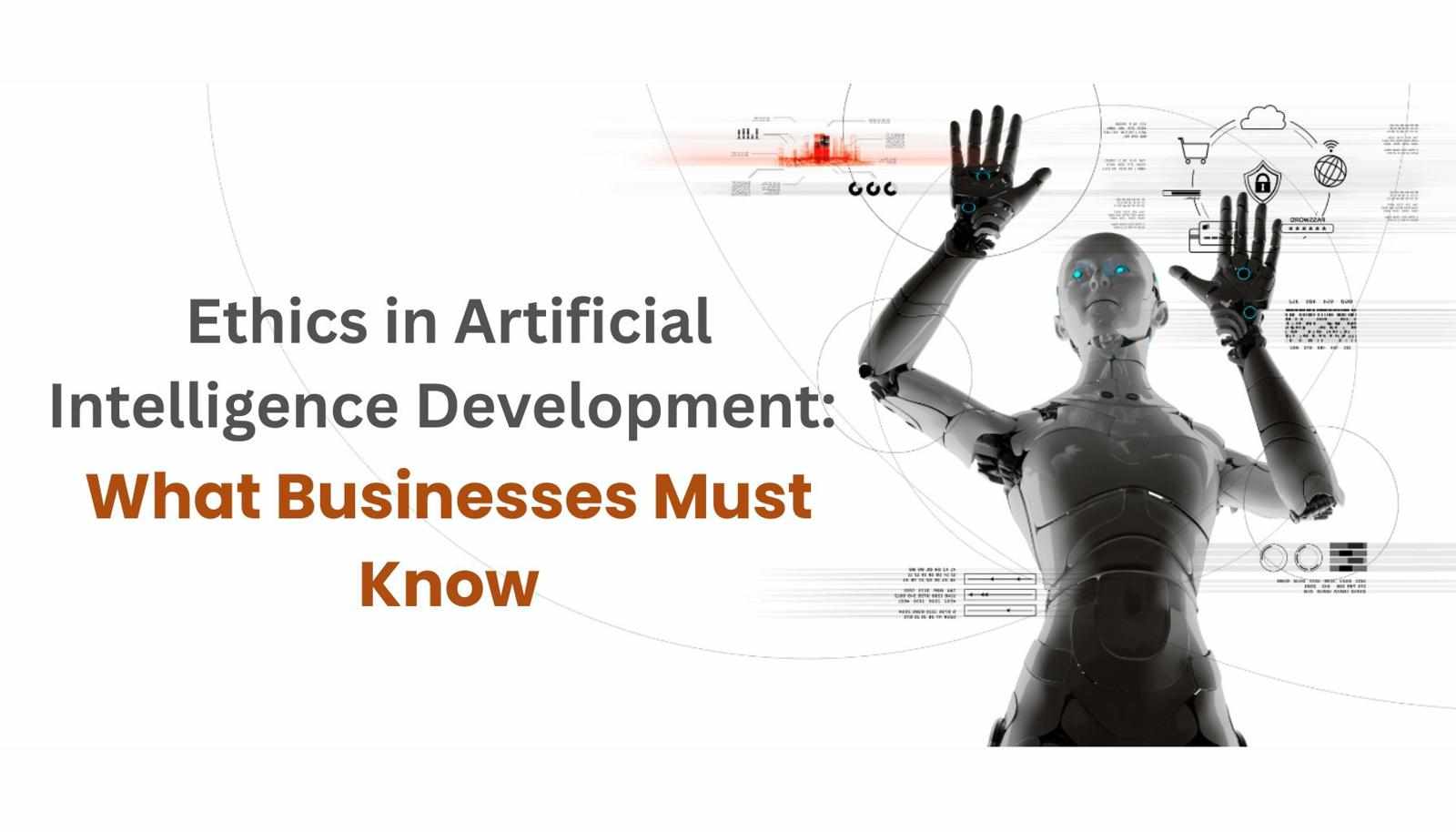
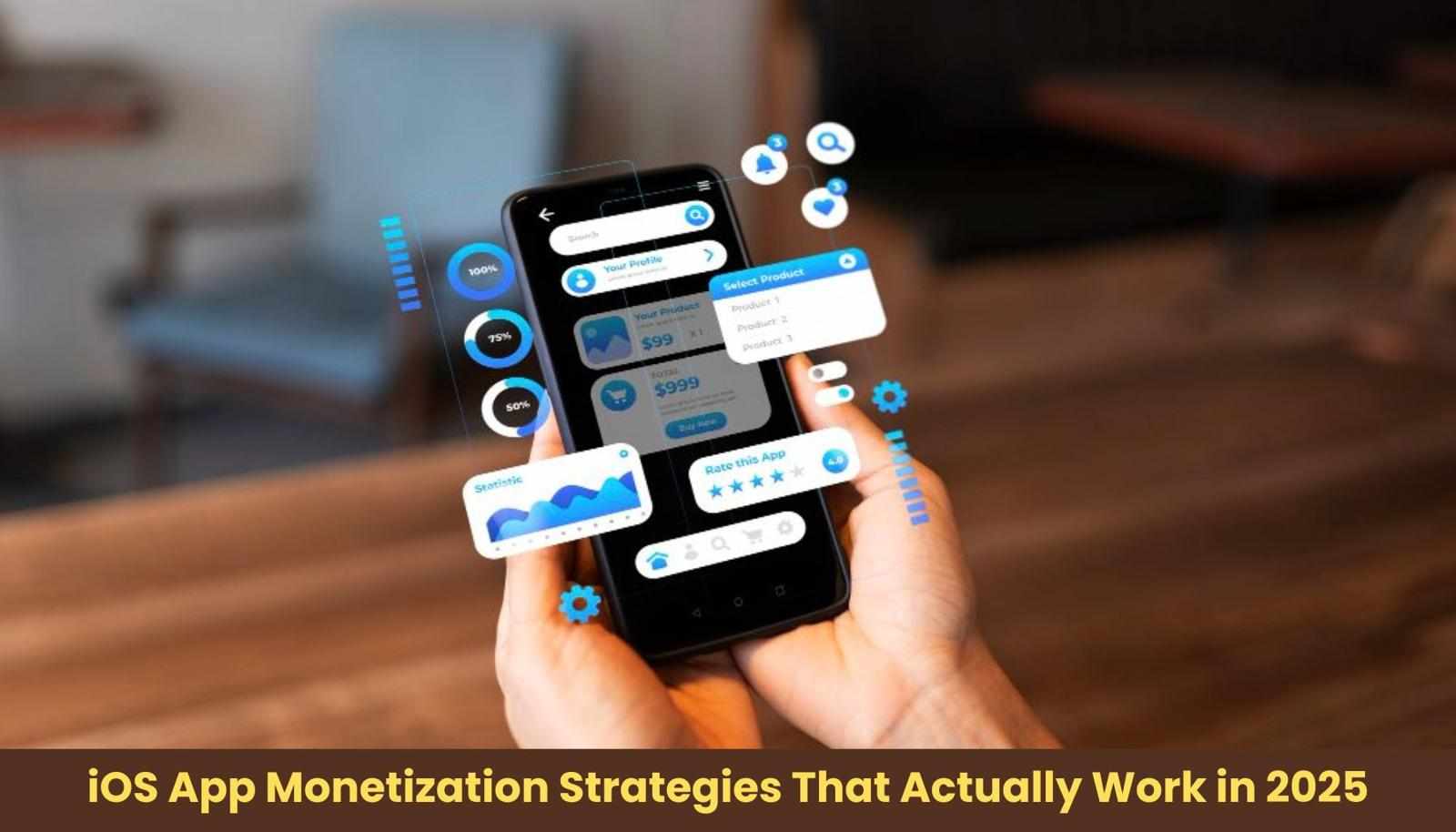
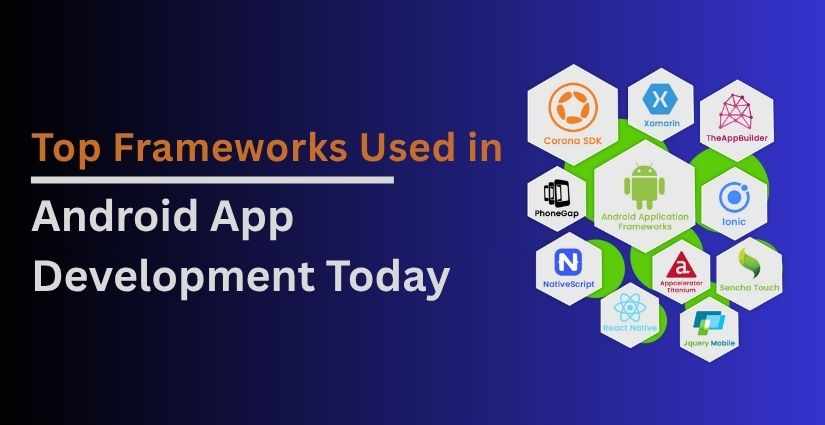
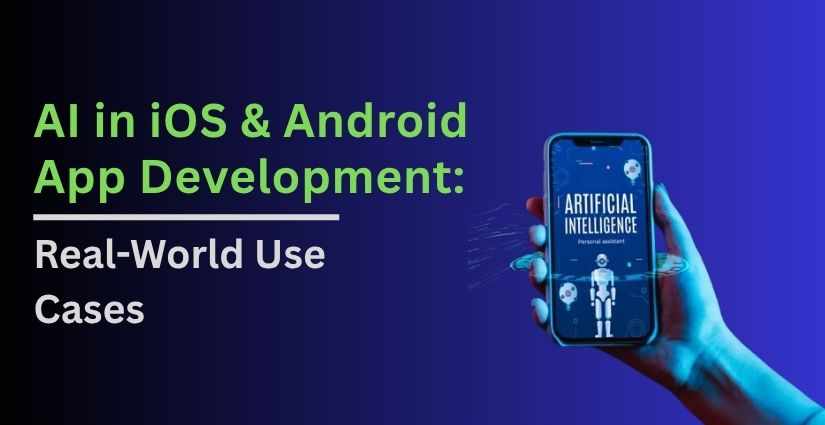
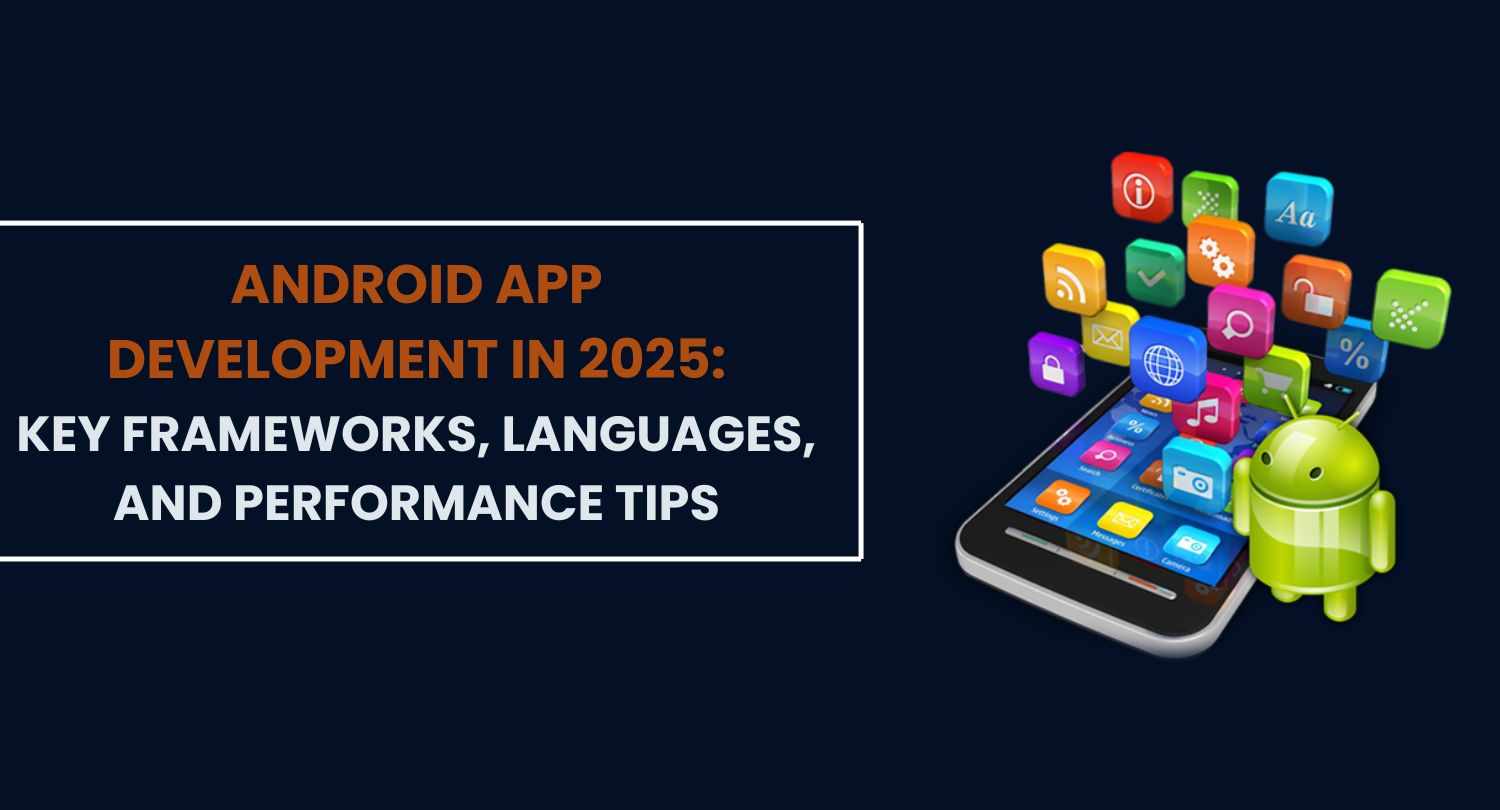
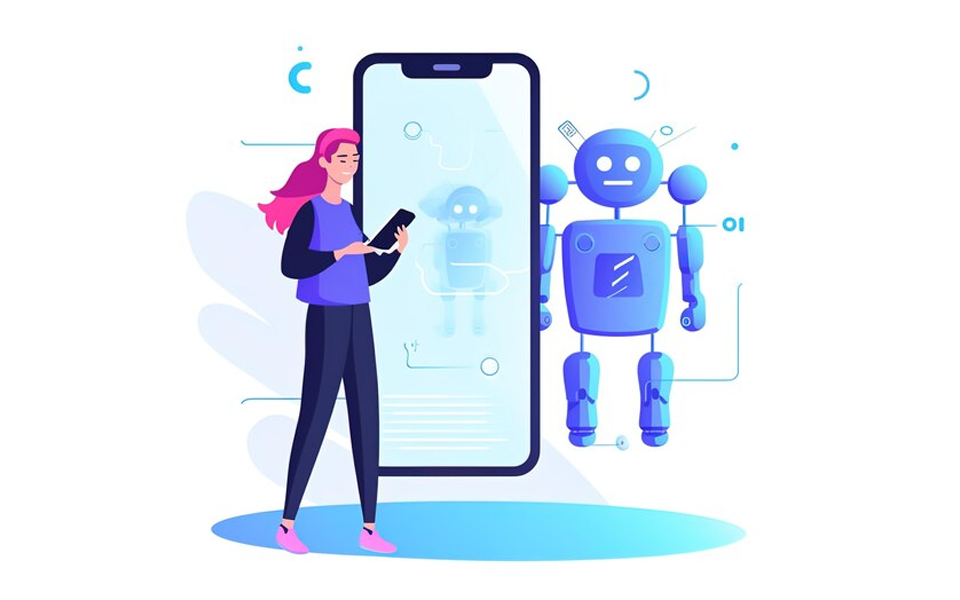


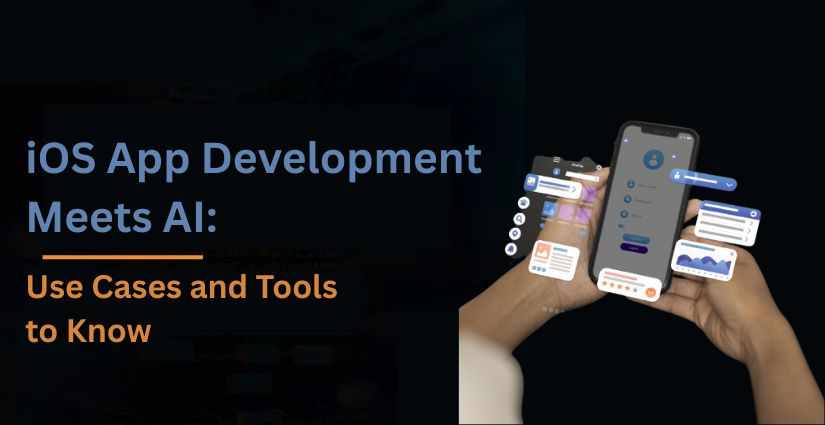

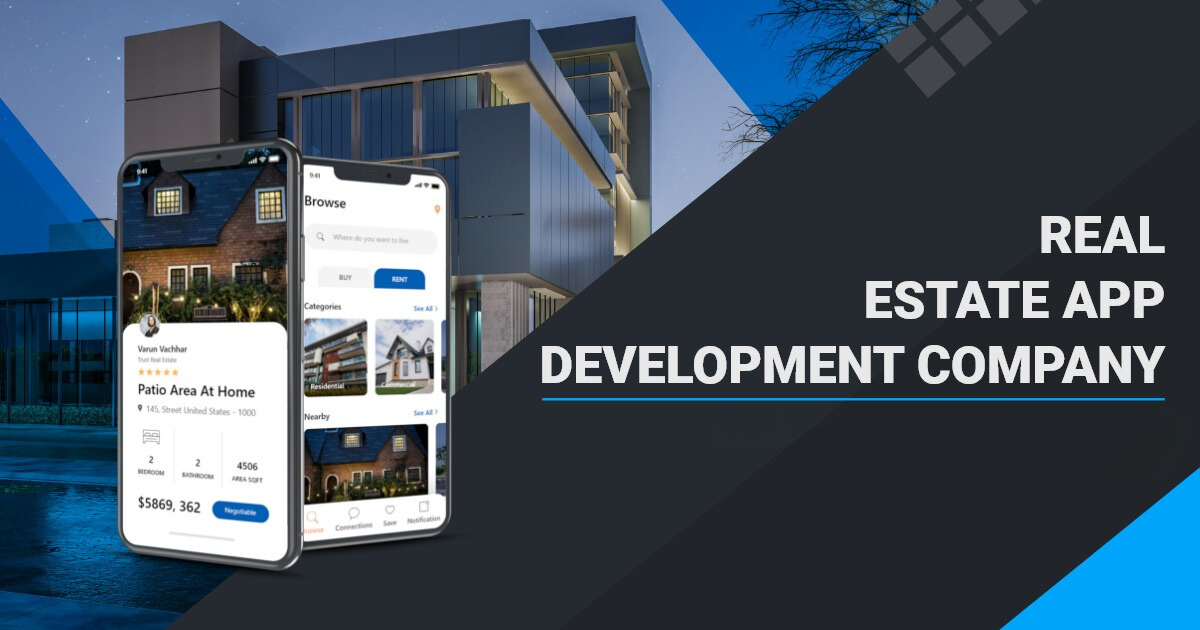
Write a comment ...